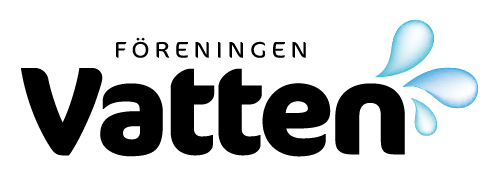CHLORINATION OF DRINKING WATER Summary from a workshop funded by the Nordic Council of Ministers
A Nordic specialist workshop based on a report on Chlorination of drinking water was organised to summarise practical experience from the Nordic countries and to discuss the chlorination strategies for the future.
The workshop discussed the following questions: 1) Is it possible to optimise the chlorination process with respect to disinfection effect and the formation of disinfection by-products? 2) How much of the organic content has to be eliminated to prevent formation of chlorination by-products? 3) What are the most common practical problems associated with chlorination or drinking water? 4) What is the importance of chlorination in drinking water treatment? 5) What are the alternatives to chlorination, and what are the possible problems and actions related to those alternatives?
There is a need for guidelines for chlorine dosage to help waterworks optimising their disinfection process. The main trend today to reduce the use or chlorine in water can give a rise in the number of waterborne outbreaks. The common policy must therefore be to reduce the organic content to keep the chlorine demand as low as possible, then add enough disinfectant to obtain an effective barrier against faecal pollution and keep the disinfection bv-products as low as possible.
